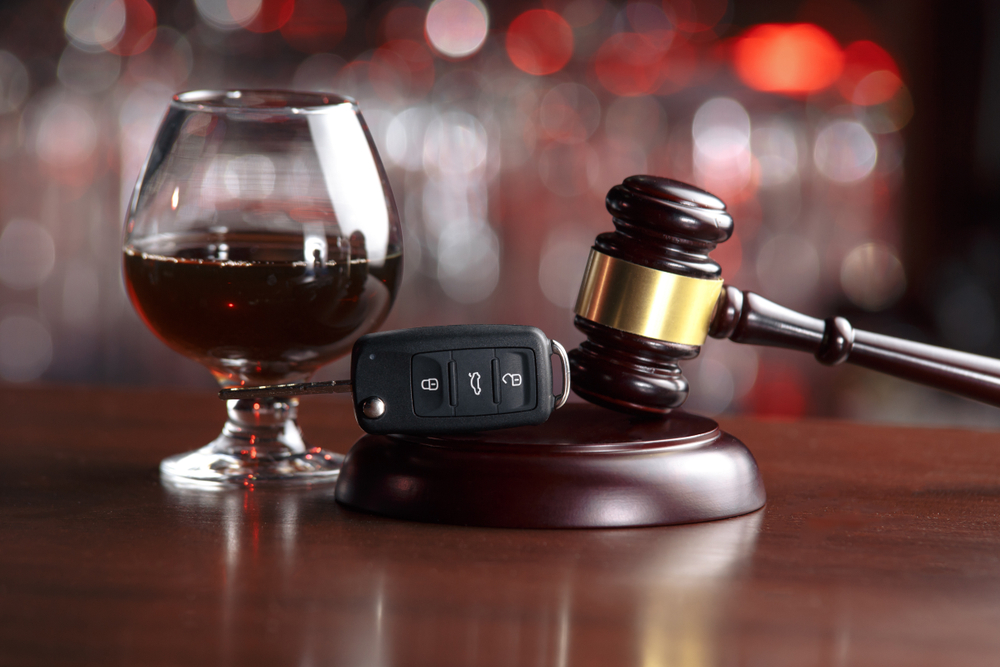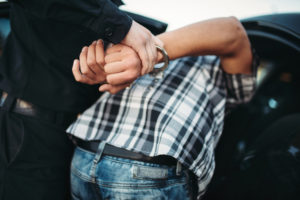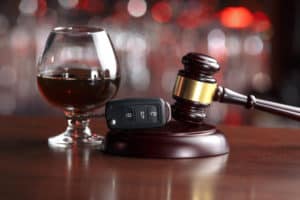
If you had the unfortunate experience of getting pulled over for driving while impaired by alcohol, you need to know what to do after being arrested for DWI in Dallas. Getting arrested for DWI is not necessarily the end of the world – the most important thing is not to get a DWI conviction.
Do yourself a favor and get legal representation immediately. Things can move quickly in the DWI arrest and court process. A DWI attorney has more options if they get involved in your case at the beginning.
What Not to Do After a DWI Arrest
Knowing what you should not do can be just as important as knowing what to do. Every DWI case is different, and you should always do what is sensible in the circumstances. Here are a few suggestions about things you should not do after or during a DWI arrest in Dallas.
- Do not argue with the officer. You will not win an argument with the officer who pulled you over about whether you are under the influence. The officer has heard every story possible, and they expect you to claim that you only had two beers. Arguing will give the officer an opportunity to write in the report that you were belligerent and argumentative, which will not help your case.
- Do not be disrespectful to the officer. Again, this kind of conduct will only hurt your case. References in the police report about name-calling or insults about law enforcement will not endear you to the prosecutor or judge. No matter how much you feel you are getting unfair treatment by being pulled over, save that information for your lawyer.
- Do not answer any questions beyond your basic identifying information, driver’s license, and proof of insurance for the arresting officer or any other law enforcement personnel. Be polite, but do not submit to interrogation or questioning until your lawyer arrives and enters the room. You have a constitutional right to remain silent.
- Do not discuss your case with anyone other than your attorney. Other people in custody could testify against you if you talk to them about what happened. They could do this in exchange for a favorable plea bargain or dismissal of charges in their criminal case.
Now that we have covered some of the basic things you might want to avoid doing, let’s discuss steps you could take to protect yourself after a DWI arrest.
How to Protect Your Future After Getting Arrested for a DWI in Dallas
There is a saying in real estate that the most important feature of a house is “location, location, location.” You could say that the first three steps to take after getting arrested for a DWI in Dallas are “call a lawyer, call a lawyer, call a lawyer.”
Trying to handle your DWI criminal charges by yourself would be like walking outside and trying to stop a hurricane. You can only take damage with that approach, and trying to deal with your DWI charges without a lawyer can only hurt you in the end. The police, prosecutor, and judge will not face any negative repercussions if you are unrepresented, but you will.
A DWI attorney can fight the charges and attack the prosecution’s case against you. A criminal defense lawyer can look for flaws in the evidence or procedure that could get the charges reduced or dismissed altogether. Unless you went to law school and have experience practicing DWI defense law, you will not know how to protect your legal rights.
Consequences of a DWI Conviction in Texas
As we said at the beginning of this article, a DWI arrest does not have to be the end of the world. Getting a DWI conviction, however, can damage your life now and for decades to come.
A simple DWI for a first-time offender can be a misdemeanor, but additional factors, like previous intoxication convictions or someone else getting severe injuries, can morph the charges into a felony of the first degree, second degree, or third degree. You might end up spending ten years or more in prison and paying up to $10,000 in fines, according to Section 12 of the Texas Penal Code.
Also, you can lose your driver’s license for six months to two years, have to go to alcohol safety school, complete drug or alcohol rehab, and get an ignition interlock device on your car.
Additional fallout from a DWI conviction, whether a misdemeanor or a felony, can include:
- Getting fired from your job.
- Losing your professional license.
- Missing out on great job prospects for many years because of a DWI conviction that shows up on your background check or has to get disclosed on the job application.
- Having to go into another line of work that likely pays less money.
- The financial impact of not working while in jail or prison, having to pay thousands of dollars in fines, and higher auto insurance premiums.
- Social stigma for you and your family.
- Missing out on time with your family and friends while serving your sentence.
That statute of limitations are time frames in which to file your court case. Depending on what type of DWI you were charged with there will be a limited amount of time of pursue legal action. You’ll want to get a lawyer to examine your charges right away before time runs out to do anything about them.
Give yourself the opportunity to avoid these consequences. The Law Offices of Randall B. Isenberg will work relentlessly to get you the best possible outcome. Call us today for a free consultation.










